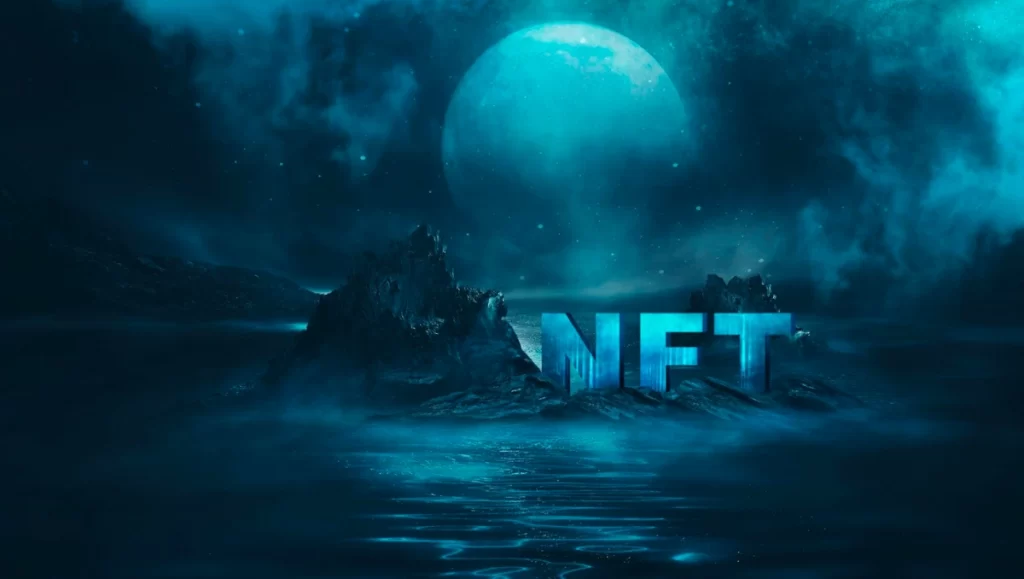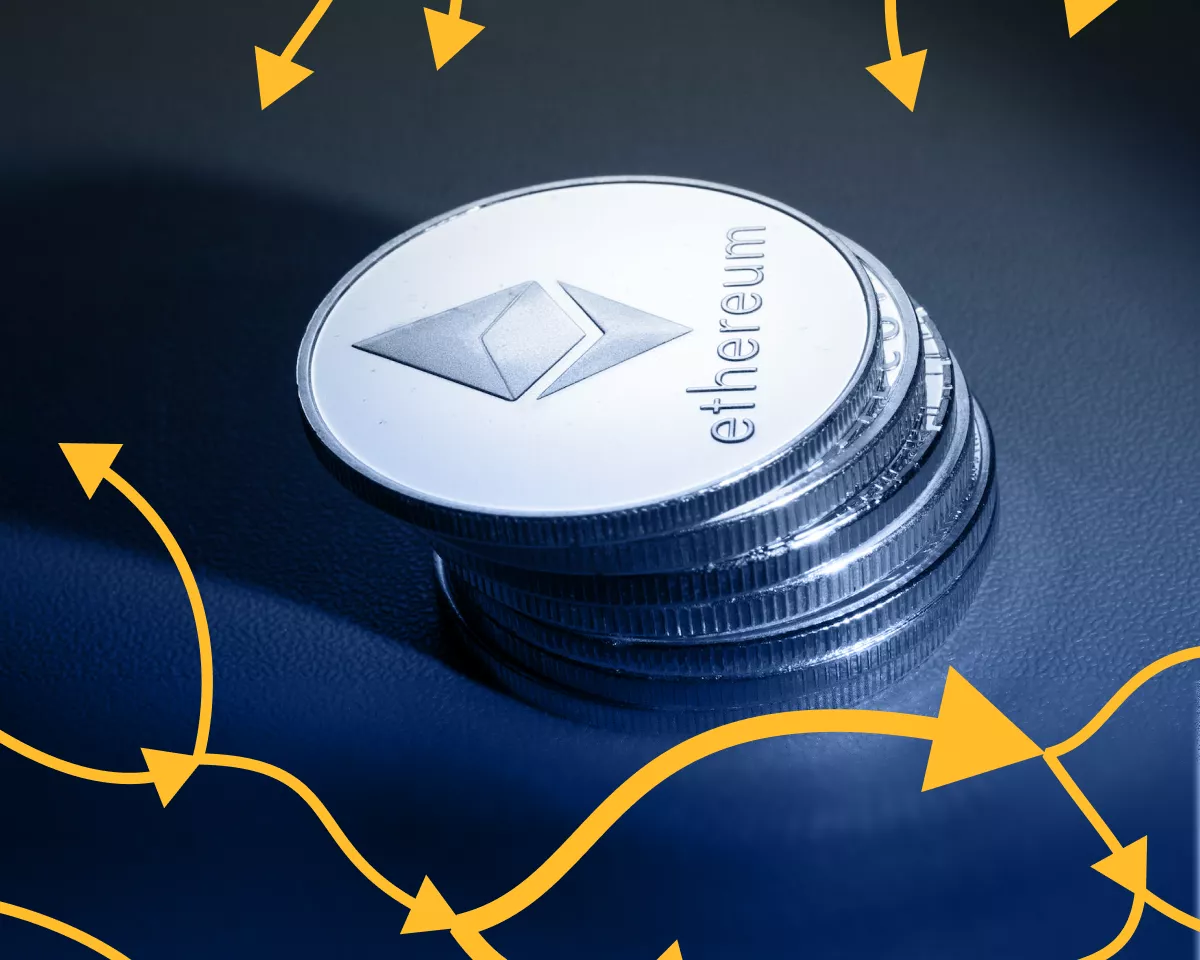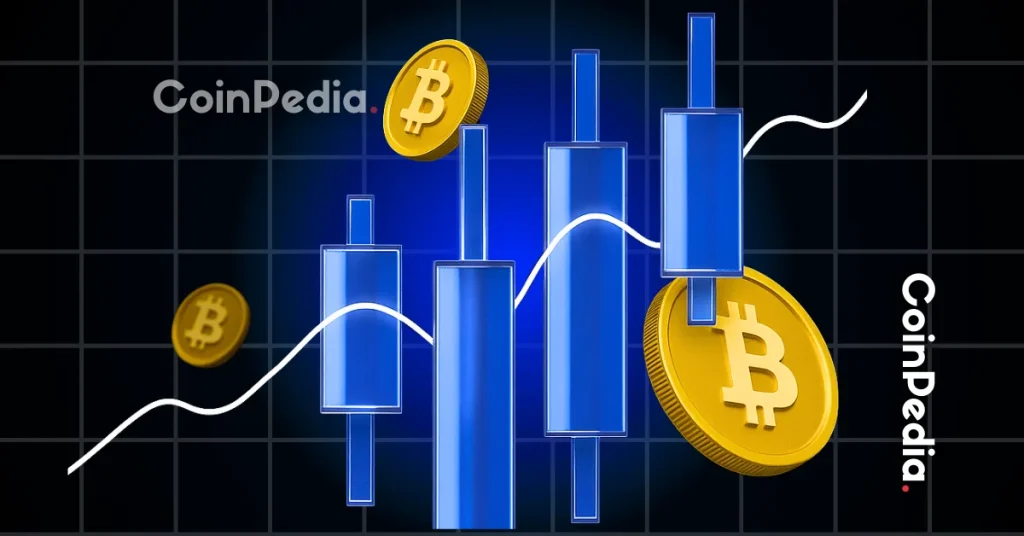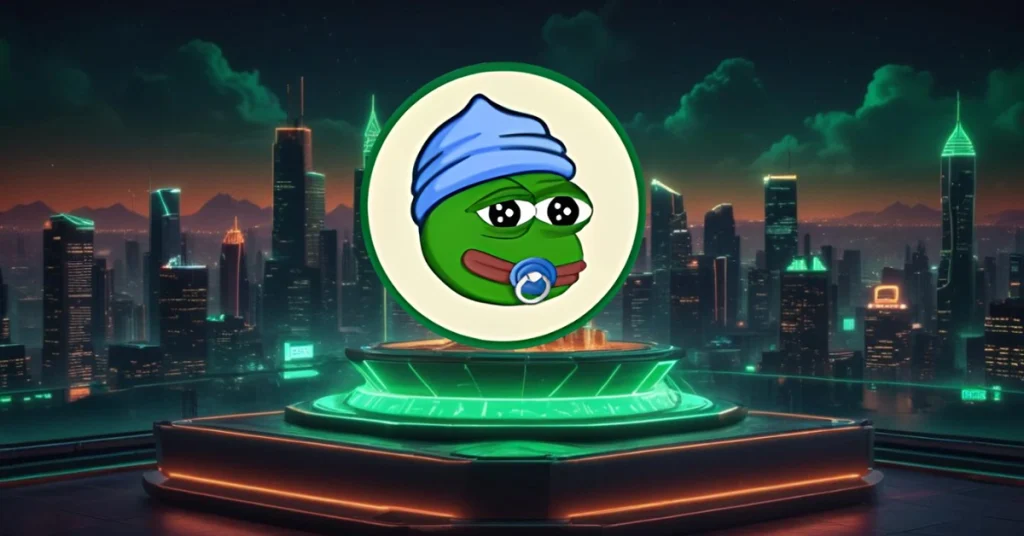
The post Is It A Good Idea To Invest In NFTs ? appeared first on Coinpedia Fintech News
Non-Fungible Tokens Explained
Non-fungible tokens, commonly known as NFTs, are digital certificates of ownership that may only be used once. NFT is the common abbreviation for non-fungible tokens. Contracts like these are written into the open-source code of any digital asset to make the digital item more secure.
This includes jpegs, gifs, movies, posts on social media, and even articles; practically anything that can be published digitally. After the digital item has been secured, it is then converted into a token and uploaded to a blockchain ledger along with a code that can only be employed once. There are currently two other dominant blockchains where NFTs are built.
These blockchains are called Dapper Lab’s Flow and Polkadot, and many other businesses are investigating the possibility of using them. Most non-fungible tokens (NFTs) are currently integrated into the Ethereum blockchain. Polkadot and Flow are the names of these blockchains. At this juncture, it is permissible for members of the general public to acquire and trade NFT. When a user purchases an asset, the creators of the NFT have the option to impose restrictions on how the asset can be utilized.
For instance, they may make it so that the asset cannot be viewed on television. You might think of NFTs as a type of digital signature that differentiates a certain digital content from all the other digital assets currently available.
Investments
According to recent reports, venture capital funds are investing millions of dollars in non-profit organizations (NFOs). In the month of May 2022, two of the most prominent cryptocurrency fund managers, Andreessen Horowitz and Paradigm, started making direct investments in NFTs.
You need to be familiar with the inner workings of NFTs and the rationale behind your purchase of one before considering investing in these instruments.
Because NFTs can sell for extremely high prices, there is the possibility of making a profit by trading them.
The following are some notable auctions of NFTs:
- The very first tweet ever sent out by Jack Dorsey, the chief executive of Twitter, sold for $2.9 million.
- The first version of the source code for the World Wide Web was developed by Sir Tim Berners-Lee, the creator of the contemporary internet. In June of 2021, that NFT was sold for a price of $5.4 million.
- A collection of digital photographs was gathered by the digital artist Beeple and collected over 5,000 days; the collection was auctioned off by Christie’s in March 2021 and brought in about $70 million.
However, demand plays a significant role in determining values for all assets, including stocks and shares.
The value of these digital assets can only be determined by what another party is prepared to pay for them and the current market conditions.
Should I Invest in NFTs?
Everything about NFTs is rather new, and as a result, there is a possibility that it is just a bubble that will lose demand once the initial curiosity has worn off. At the same time, there are a wide variety of opportunities that can benefit from NFTs if utilized appropriately. Since this is a brand new market, it is quite likely that there will be wild fluctuations in the interest, price, and value of NFTs before the market finds its footing.
Taking all of this into consideration, investing in NFTs is undeniably a risky move. There are presently no laws or restrictions for purchasing and selling these tokens, and you don’t even know if you’ll be allowed to sell them at all. The value of digital art is dependent on how much someone is willing to pay for it.
If you have decided to take the risk and invest in NFTs, it would be prudent to set a limit from the beginning of how much you are willing to lose. You shouldn’t rely on this as a “get rich quick” scheme, but you should do so if you are willing to take the risk. If you are ready to accept the risk, non-traditional investments (NFTs) are a new and intriguing investment option that might be interesting to try out.
However, there are other investments available that are safer.
Instead of diving in headfirst and purchasing digital assets, one of the safer ways to get on the NFT bandwagon is to hunt for firms that are using the technology and invest in those companies. This may be done by searching for companies that are using the technology. As a result of the continued expansion of this new sector, there are a lot of prospects to investigate.
Brand New Investment Opportunities, Both Digital And Physical
The potential applications of NFTs are not limited to the realm of digital technology; rather, these technologies also have applications in the real world. It is possible to fractionate the value of physical assets by first producing digital signatures for those assets and then dividing those fractions among themselves.
One example of this would be in the real estate industry, where the potential for more rapid property acquisitions and the dissemination of investment options could encourage more people to put money into the market. In a similar vein, NFTs can make it possible for things such as artwork to have several owners, so raising both its value and the amount of money that can be made from selling it.
Effectiveness of the Market
One of the most significant advantages offered by Non-Fungible Tokens is the facilitation of direct communication between content producers and the audiences they serve. That eliminates the requirement for artists to work with agents or visit real galleries. The real estate field enables much smaller investments to be made into much larger ventures. NFTs have the potential to make processes that were previously difficult much easier.
Scarcity
There is no better way to boost interest in a certain item than to give the impression that it is difficult to obtain. Because NFTs can only have one owner, they provide an overwhelming feeling of scarcity due to this limitation.
Because of this, prospective purchasers are more likely to zero in on a certain piece and fret about the possibility that someone else would acquire exclusive ownership of the NFT that they like.
Imagine that you’ve found a pair of sneakers online that you want to buy, but the website informs you that there’s only “one pair left” available. If you are like the majority of us, this will heighten your perception of scarcity and urge you to commit to making the purchase, even if it isn’t in your best financial interest to do so.
Collectability
NFTs are simply trading cards for the really wealthy, comparable to the activity of exchanging baseball cards on the schoolyard playground. Even though these cards have no value other than what the market places on them, their value is constantly shifting, making it similar to a high-stakes gambling game to try to collect them and trade them for other items.
As a direct consequence of this, it becomes simple to draw parallels between the NFT and the art market.
NFTs, on the other hand, provide artists with a greater degree of autonomy than the art market does because they no longer have to rely on galleries or auction houses to sell their work.
Disclaimer: This is a guest post. Coinpedia does not endorse or is responsible for any content, accuracy, quality, advertising, products, or other materials on this page. Readers should do their own research before taking any actions related to the company.

 2 years ago
260
2 years ago
260














 English (US) ·
English (US) ·